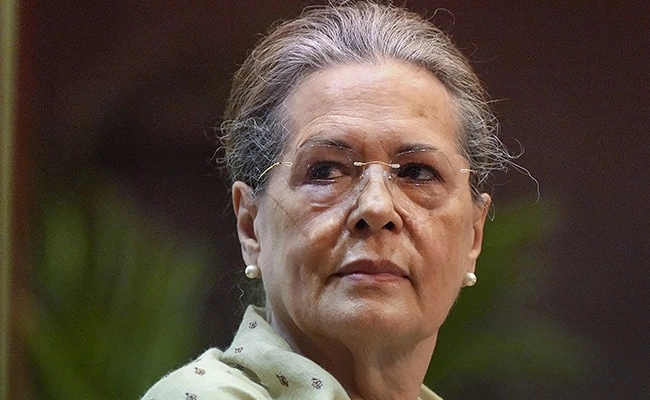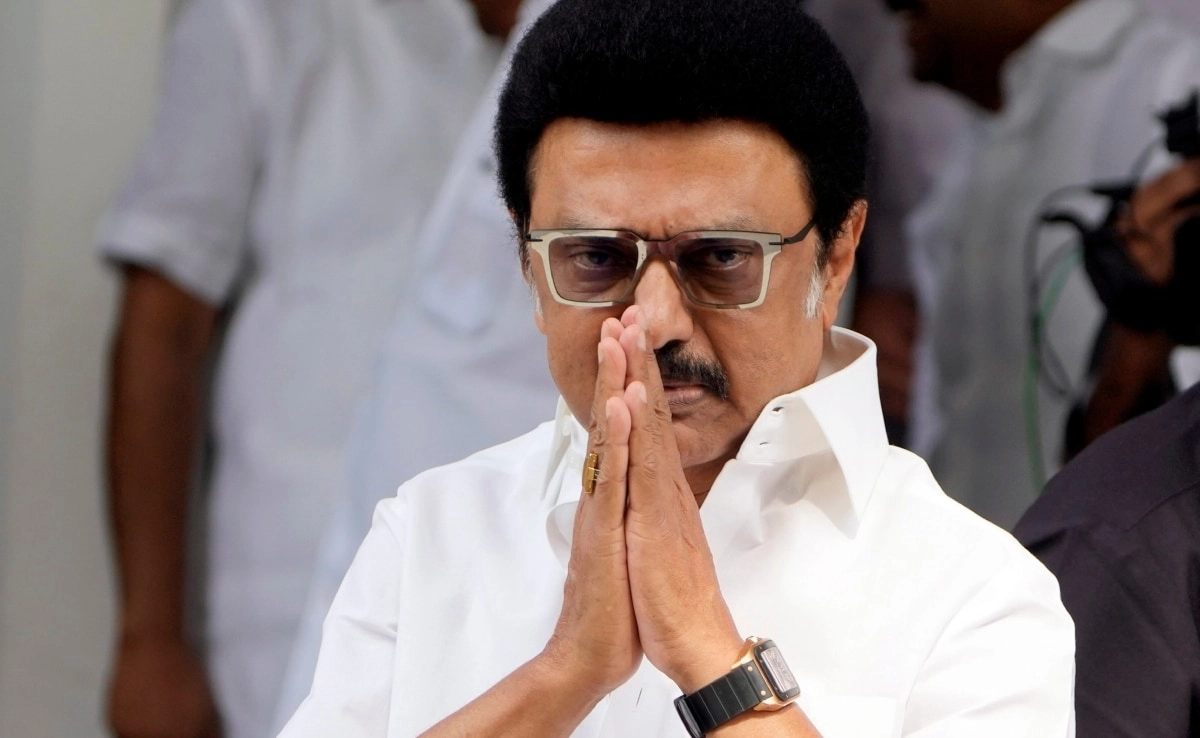Sonia Gandhi has recently made headlines with her critical remarks directed at the central government regarding the ongoing conflict between Iran and Israel. In her statement, she referred to what she perceives as a “surrender of values” by the government in its foreign policy approach to this volatile situation. Gandhi’s comments come at a time when the international community is closely watching developments in the Middle East, particularly the implications of the Iran-Israel war on global peace and security. Her criticisms suggest a deep concern for ethical governance and the importance of upholding democratic values, especially in foreign relations.
In her address, Gandhi emphasized the need for India to take a principled stance in its dealings with nations embroiled in conflict. She posited that the current government’s response has been marked by a lack of clarity and moral grounding, which could have far-reaching consequences for India’s standing on the world stage. By framing her critique in terms of a “surrender of values,” she raises pertinent questions about the moral compass guiding India’s foreign policy, especially in complex geopolitical scenarios where human rights and humanitarian considerations are at stake.
Furthermore, Gandhi’s remarks reflect a broader sentiment among various political factions and civil society groups who are advocating for a more ethically oriented foreign policy. They argue that India’s historical role as a leader of the Non-Aligned Movement and its commitment to peace and diplomacy should not be compromised for short-term strategic gains. The implications of the Iran-Israel conflict extend beyond regional borders, and leaders are urged to maintain a stance that prioritizes humanity over political expediency. Gandhi’s call for a return to core values in foreign policy highlights the need for a principled approach that resonates with India’s historical legacy of promoting peace and cooperation.
As the situation in the Middle East evolves, the significance of Gandhi’s critique becomes increasingly evident. It serves as a reminder for policymakers to reflect on the ethical dimensions of their decisions and the potential impact on India’s global image. The challenge lies in balancing national interests with the moral imperatives that guide a responsible foreign policy. In a world where conflicts are often fueled by ideological divides, the call for a value-driven approach in international relations is more relevant than ever. Ultimately, Gandhi’s observations invite a crucial dialogue about the future direction of India’s foreign policy in a rapidly changing geopolitical landscape.




